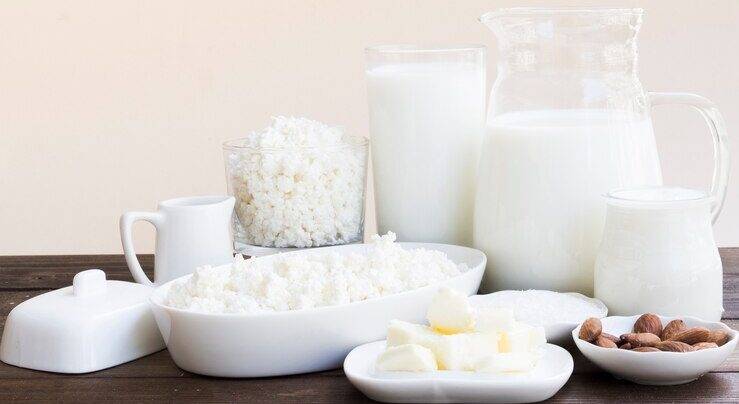Lactose-Free Products: Satisfying Taste Buds and Dietary Needs

In a world where dietary preferences and requirements are as diverse as the people themselves, lactose-free products have emerged as a remarkable solution for those who are lactose intolerant or simply prefer dairy alternatives. These products are not just catering to dietary needs; they’re changing the way we think about dairy consumption.
Lactose intolerance is the inability to digest lactose, the sugar found in milk and dairy products. It’s a common condition affecting millions of people worldwide. Symptoms of lactose intolerance can range from bloating and cramps to diarrhea and discomfort. As a result, many individuals are seeking alternatives to traditional dairy.
The Rise of Lactose-Free Products:
The lactose-free product market has experienced exponential growth in recent years, and it’s not limited to lactose-intolerant individuals. Here’s why:
Diverse Choices in Lactose-free products come in various forms, including milk, yogurt, cheese, ice cream, and more. There’s no need to compromise on taste or nutrition. Plant-Based Alternatives, Many lactose-free products are plant-based, which aligns with the growing trend of plant-centric diets. Almond milk, soy yogurt, and cashew cheese are just a few examples. Digestive Comfort, For those with lactose intolerance, these products offer relief from digestive issues, making meals enjoyable again. Health and Wellness, Health-conscious consumers appreciate the reduced saturated fat content and absence of cholesterol in many lactose-free options. Culinary Creativity, Lactose-free products have spurred culinary innovation. Talented chefs are using them to create delectable dishes, proving that lactose-free can be gourmet.
In addition to lactose-free dairy alternatives, lactase supplements have become popular. Lactase is the enzyme responsible for breaking down lactose, and these supplements aid in its digestion. They provide flexibility, allowing individuals to enjoy some dairy products without discomfort.
The Ongoing Evolution:
The lactose-free product market continues to evolve, with food technologists pushing the boundaries of taste and nutrition. The taste and texture of lactose-free alternatives are remarkably close to traditional dairy, thanks to innovative methods and ingredients.
Consumers can now find lactose-free options in their local grocery stores, restaurants, and cafes. These options not only cater to dietary needs but also promote inclusivity by accommodating various dietary preferences and restrictions. They’re changing the way we view dairy, making it more versatile and accommodating than ever before.
Read More from our latest study on Lactose-Free Products Market is estimated to grow at the rate of 14.2% CAGR by 2028 predicted by IHR Insights.
Conclusion:
Lactose-free products have transcended their initial niche market and are now a staple for health-conscious consumers and those with dietary restrictions. As the lactose-free market continues to grow, we can expect more variety, better taste, and enhanced nutritional profiles in the products available. Whether you’re lactose intolerant, vegan, or simply looking to explore new culinary horizons, lactose-free options are a delightful way to embrace a more diverse and inclusive approach to dairy consumption.
– Analyst Team
IHR Insights
inquiry@ihrinsights.com

